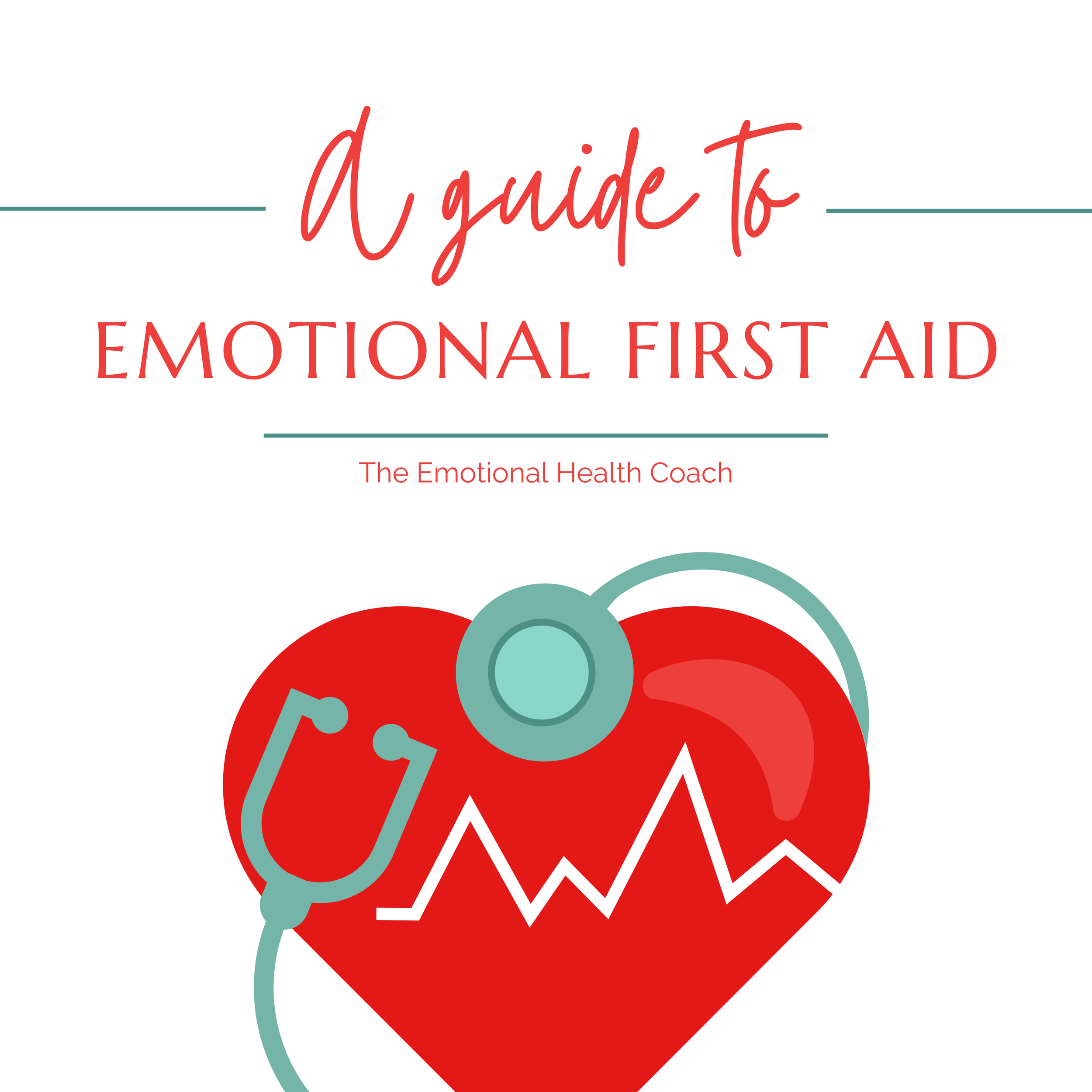A Guide to Emotional First Aid
There has always been favouritism over physical health, over emotional health. We are aware from the age of 5 that it's important to brush our teeth or put a plaster on a cut to look after our physical health, but we learn nothing surrounding emotional health.
Mental health is just as important as your aspects of your physical health e.g. dental health, yet we wouldn’t dream of not seeking out a dentist for our tooth pain, then why are we ignoring our emotional pain?
Psychological injuries pose as much of a risk to our health than physical injuries. But what do Psychological injuries look like? Enduring perceived failure or rejection leaves deep psychological injuries which can lead to severe consequences. In our opinion, it’s time to close this gap between physical and emotional first aid.
Loneliness and perceived failures have been medically proven to cause the same health effects as smoking, including high blood pressure and increased cholesterol. Simple changes to improve personal hygiene raises life expectancy by 13%, so can we imagine how an improvement surrounding emotional health could improve life expectancy impacted by suicide or poor self-care?
Simple steps towards better emotional first aid:
1. Challenge overthinking
Rumination (chronic worry) has been proven to have no benefits, as it prevents you from troubleshooting a problem. Instead of focusing on perceived failure, shift your focus to what you LEARNED from a situation and how to TROUBLESHOOT possible problems in the future. Take the worry and consider what is the best, worst, but most realistic outcome.
2. Stop self-criticism
Instead of self-criticism, focus on what you would tell a loved one in this situation. Be aware of your inner critic and change the statements to loving, instead of critical ones.
3. Prevent Loneliness
Seek out company when you feel lonely. Self-isolation can be a chronic coping mechanism when we feel low. Take time to mark ‘safe’ people in your life and actively seek them out when you feel lonely.
4. Stop self-comparing
Take a step back from self-comparing. Stop comparing your inside with someone’s outside. It is an unreliable and harmful habit. Shift your focus to how YOU have changed as a person from a year ago. If you don’t see positive progress, ask yourself what you would like to see a change in and troubleshoot realistic goals on how to achieve your desired change.


